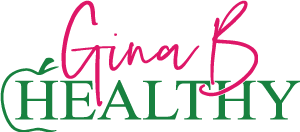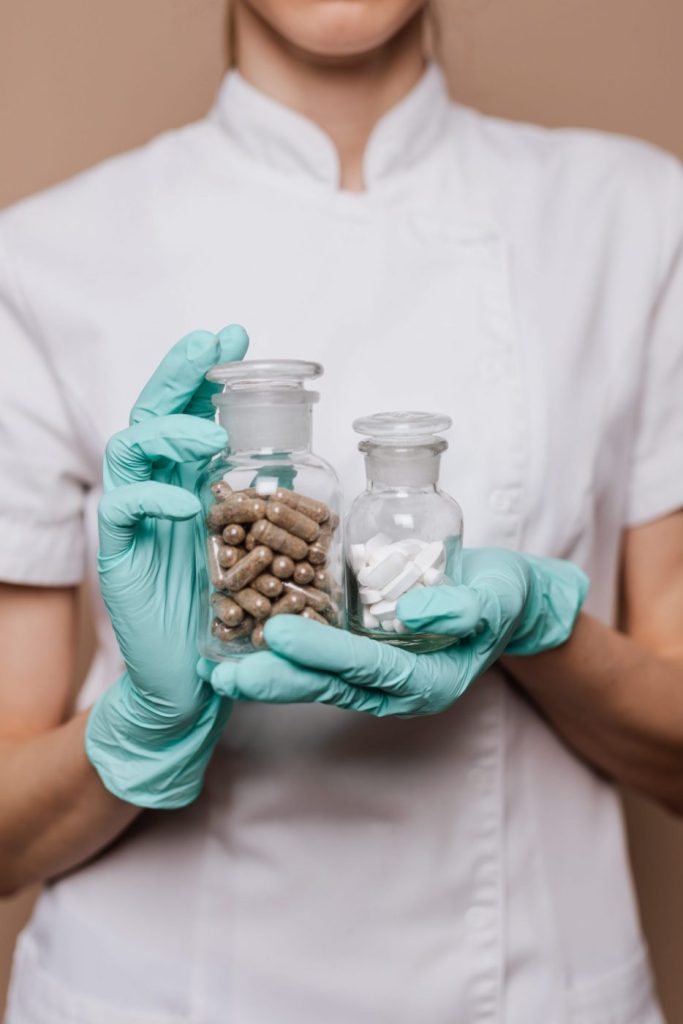In all our life we try to avoid harm from bacteria, yeast, and micro-organisms. But wait I have some news for you. There are some forms of this micro-organism which are actually present inside our body and in the food that is very good for you there are called ‘’Probiotics’’. The Word probiotic comes from the Greek word pro means ‘’promoting’’ and biotic means ‘’life’’. Probiotics promote good bacteria. nevertheless, Probiotics are tiny microorganisms that deliver health benefits to their host. Thus, our bodies rely on all sorts of microorganisms to keep things working and keep us healthy, and probiotics play a part in this. Yogurt is made by fermenting milk with different bacteria, which are left in the final product. However, other bacteria-fermented foods, such as sauerkraut, kombucha, and kimchi, are also good sources of probiotics.
Role of probiotics in gut health and healthy digestion:
Importantly, it helps to deal with digestive issues.
- colic
- constipation
- Crohn’s disease
- inflammatory bowel disease (IBD)
- irritable bowel syndrome (IBS)
- lactose intolerance
- ulcerative colitis
Moreover, probiotics are understood to be safe for most people, and there are some general guidelines.
-
Digestive ecosystems differ.
People with constipation have different ecosystems of microorganisms in their intestines than people without constipation. What we don’t know is if constipation is the cause or effect of these different ecosystems.
-
The lower pH levels.
Probiotics in the colon, which might help stool move faster through it.
-
They may relieve antibiotic-related diarrhea.
Probiotics may be especially helpful in relieving diarrhea associated with antibiotics and Clostridium difficile. The idea is that probiotics replenish the good bacteria that antibiotics might have killed.
-
They can help absorb protein.
Probiotics can help you better absorb the protein in your diet, as well as other vitamins and nutrients.
Self-dosing with bacteria isn’t as outlandish as it might seem. Gut-dwelling bacteria keep pathogens (harmful microorganisms) in check, aid digestion, and nutrient absorption, and contribute to immune function.
How to use pro-biotics for gut health?
To start getting the benefits of probiotics, increase your daily consumption of them. You can do this through food sources or supplements.
Additional tips for taking pro-biotics:
· FAirstly, take advice if it’s your first time
· Secondly, take at specific times in regard to meals
· Thirdly, try natural sources and additional support with supplements that fits the symptoms
· Fourthly, pay attention to labels and quality- (to make claim how the product effects)
Potential benefits of pro-biotics have been seen in the treatment or prevention of:
Benefits of pro-biotics have caused
- Diarrhea
- Irritable bowel syndrome
- Ulcerative colitis
- Crohn’s disease
- H. pylori (the cause of ulcers)
- Vaginal infections
- Urinary tract infections
- Recurrence of bladder cancer
- Infection of the digestive tract caused by Clostridium difficile
- Pouchitis (a possible side effect of surgery that removes the colon)
- Eczema in children.
Click on the link to learn about SNP’s impact on Epigenetics & Nutrigenomics
Probiotics and vaginal health:
Probiotics also maintain urinogenital health. The intestinal tract, the vagina is a finely balanced ecosystem. The dominant Lactobacilli strains normally make it too acidic for harmful microorganisms to survive. Many women eat yogurt or insert it into the vagina to treat recurring yeast infections, a “folk” remedy for which medical science offers limited support. Oral and vaginal administration of Lactobacilli may help in the treatment of bacterial vaginosis, although there isn’t enough evidence yet to recommend it over conventional approaches.
7 main health benefits of taking probiotics:
- Helps to balance the friendly bacteria in your gut
- Probiotics supplements improve mental health conditions
- Pro-biotics strains keep your heart healthy
- May reduce the severity of certain allergies
- Reduce the symptoms of certain digestive disorders
- Helps to boost your immune system
- Helps to lose your weight and belly fat
Pro-biotics supplements
In the United States, most probiotics are sold as dietary supplements, which do not undergo the testing and approval process that drugs do. Manufacturers make sure that they’re safe before they’re marketed and that any claims made on the label are true. Health benefits are strain-specific, and not all strains are necessarily useful, so you may want to consult a practitioner familiar with probiotics to discuss your options. As always, let your primary care provider know what you’re doing.
https://www.healthline.com/health/probiotics-and-digestive-health#digestive-health
https://www.health.harvard.edu/vitamins-and-supplements/health-benefits-of-taking-probiotics
https://www.mayoclinic.org/prebiotics-probiotics-and-your-health/art-20390058
Visit our lab services page for more information about microbiome lab test


